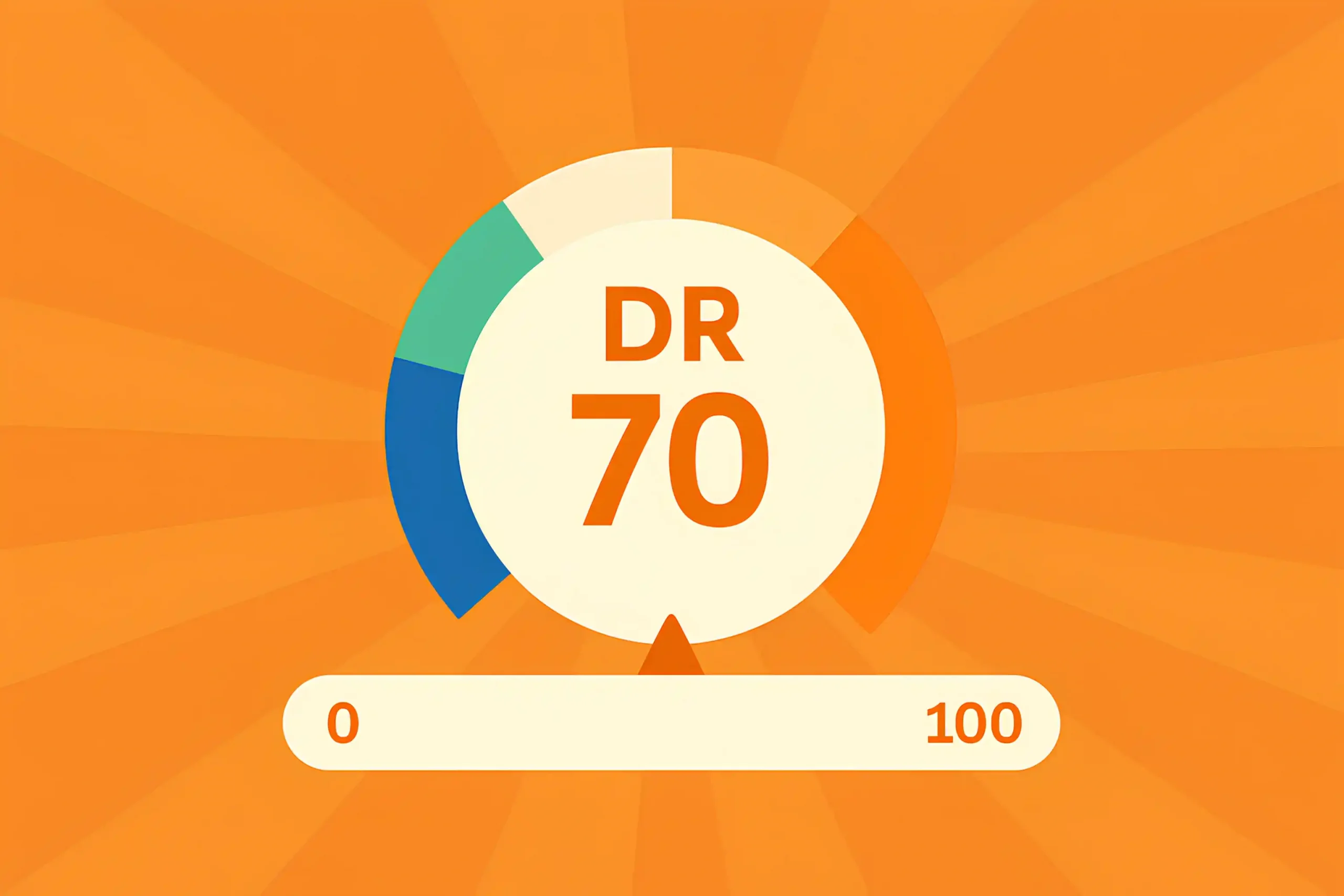Updated January 11, 2026
Free Guest Posting Sites (Reviewed by an SEO Pro): List, Risks & Tips
I was searching for free guest posting sites over seven years ago when I first started learning SEO and got my first project. Back then, I didn’t even know how they affected SEO or what other link-building tactics existed. Yeah, I’m kinda ashamed of what I did (please don’t blame me, I was a beginner).
Today, I see the keyword “free guest posting sites” has thousands of searches on Ahrefs, Google Trends, and SEMrush. That means even now, when Google is 100 times smarter, in the age of AI overviews, LLMs, E.E.A.T., and all that, so-called link builders and site owners still try to run SEO campaigns by getting mentioned on free guest post sites.
Guys, seriously? Are you fucking thinking those free guest posting sites are gonna move the needle? Stop, please. Yes, some websites accept guest posts for free, but it’s not as easy as it looks. Forget the bullshit offered by sites ranking at the top of Google. If you’re reading this guide, you’re probably one of the luckiest people out there.
Keep going. In this guide, I’ll give you a real list of sites that accept free guest posts. I’ll also explain why you should avoid 99% of them (like Medium.com) and share some tips to avoid penalties if you’ve already made a few wrong moves.
What Are “Free Guest Posting Sites” in SEO Terms?
When someone says “free guest posting sites,” they’re usually talking about a list of websites that supposedly accept content from anyone without asking for money.
Apparently, it sounds like a win-win: you get a backlink, they get a free article. However, most of these so-called opportunities are just empty shells. They exist for one reason only: link-building specialists trying to get as many backlinks as possible, often to prove to their client that “hey, look, we built 50 links this month.”

What the client doesn’t know is that half of those links are sitting on dead, expired domains with zero real audience, zero traffic, and frankly, zero SEO value.
This whole “free guest posting site” trend exploded because beginners and even some agencies wanted fast results. It felt easier to submit a 500-word AI-generated article to a random blog than to build relationships or earn mentions on credible platforms.
Real guest blogging is when you write for a site that matters in your niche. A site that has a real community, real traffic, and editorial standards.
These are the kinds of sites that don’t advertise “free guest posts” in their sidebar or add a “Write for Us” button on five-dollar expired domains.
You pitch them because you respect their audience, not because it’s easy or cheap.
The sad part is that it worked for a while. Google didn’t catch up quickly enough. However, once that loophole started closing, these sites became toxic; some turned into Private Blog Networks (PBNs), others got deindexed, and many just died off.
The Real Reason People Look for Free Guest Posts
Most people searching for free guest posting sites aren’t doing it for brand visibility or long-term relationship building. They’re doing it because they either don’t have enough link-building budget or they’ve been told guest posts are the easiest way to rank.
The motivation behind free guest posting is pretty clear to me. They hear about backlinks being the #1 ranking factor and assume the “free” route is the smart way to go.
Why Most Free Guest Posting Sites Are Useless (or Dangerous)?
Again, again, and again, most of the “free guest posting sites” around the internet are absolute garbage. I know that sounds strong, but it’s the truth. If you’ve been in SEO long enough, you can almost smell the low quality from the URL alone.
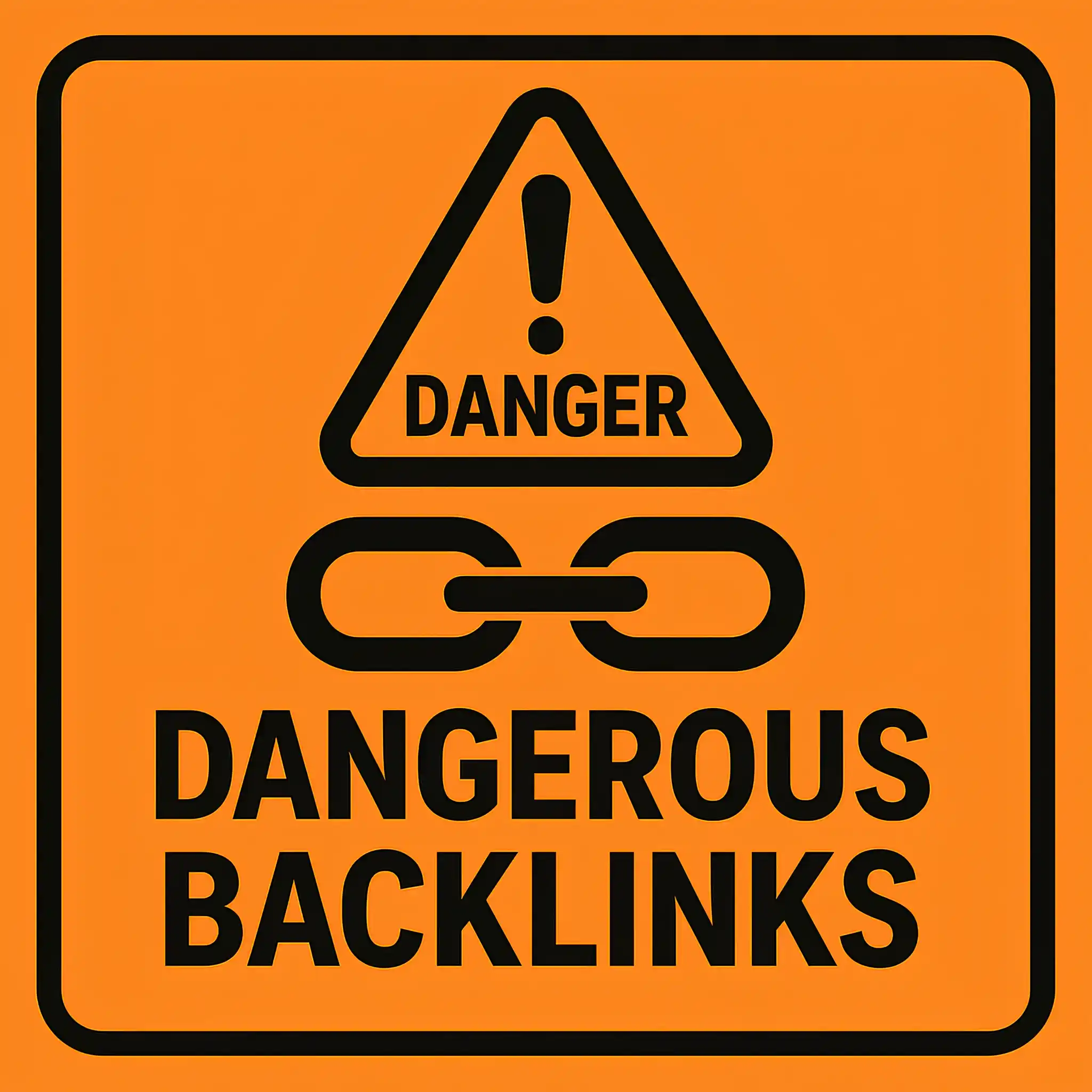
Don’t put your backlink profile at risk. Remember, these sites usually follow the same patterns. They’re full of thin, outdated, or outright spun content that offers no real value to anyone. You’ll see blog posts thrown together with zero effort, often with grammar so bad it looks like a machine put them together in two minutes.
I’m not even talking about their organic traffic. Or should I say, fake traffic? Tools might show visits, but when you look deeper, it’s all coming from bot networks, weird IPs, or referral spam. No real humans are reading anything. It’s all inflated to make the site look more valuable than it is.
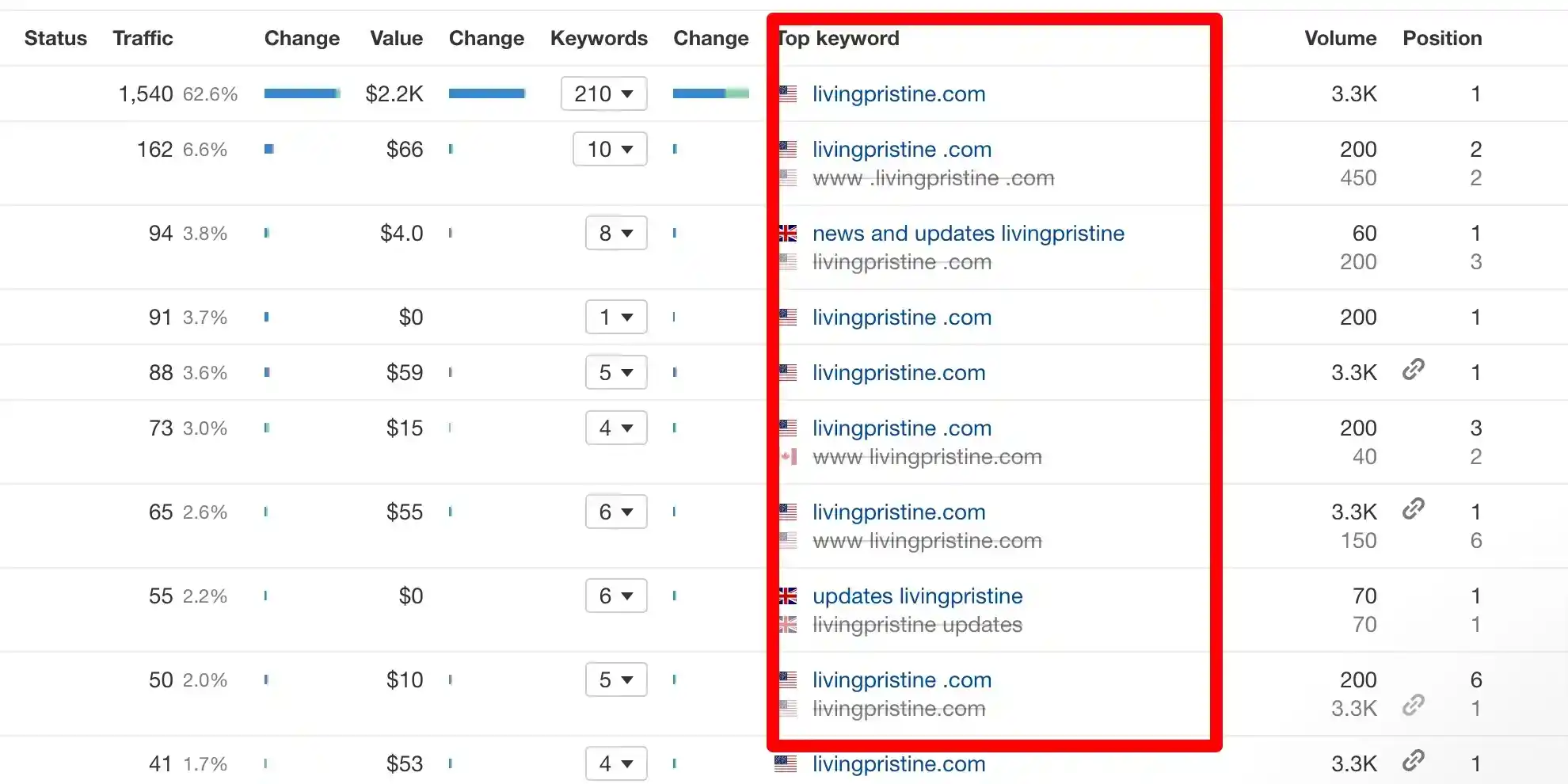
Take a closer look and you’ll notice the same 2–3 names posting on every site. Or worse, no author names at all.
For example, sites like Medium.com might look like a good idea to a beginner because they have authority, but anyone can publish anything there. No editorial review, no standards.
The open submission forms and instant approvals are another red flag. If you can get a link on a site in five minutes without any human interaction, so can every spammer on the planet.
Trust me, Google knows. It doesn’t just count links. It evaluates where those links are coming from, and what kind of environment surrounds them.
When Google sees dozens of outbound links from a site with zero editorial oversight, fake traffic signals, and obvious link-selling behavior, it doesn’t reward that. It either ignores the link completely or, worse, starts downgrading your domain’s trust.
So if you’re thinking about going on a free guest posting site, think twice. The short-term dopamine hit of “yay, I got a backlink” isn’t worth the long-term damage of looking like a spammer in Google’s eyes.
How to Find Good Free Guest Posting Opportunities
If you’re serious about getting free guest posts published on real websites, especially if you do link-building for SaaS or B2B companies, you should put a lot of effort into it.
For example, when I write for big-name sites like Forbes, Entrepreneur, HubSpot, or even CNN, I don’t get in because I’m lucky. I succeed because I’ve been in this industry for years, and I speak from real experience. When I pitch, I’m not just asking for a link; I’m offering insights that their readers will care about. That’s the difference. That’s why the doors are open.
For example, with Entrepreneur.com, I took the time to read through their entire contributor guidelines, pitched several topic ideas that aligned closely with their audience, and waited a few weeks.
Eventually, the editor selected one. After a back-and-forth editing process, my guest post was published approximately six weeks later, featuring a branded anchor link that directed readers to my homepage.

So if you want to get published without paying, you need to lead with your experience. However, if you’re not there yet or you just need faster results, you should buy backlinks through various link-building techniques, whether it’s through guest posting or niche edits.
Pro Tip: If you’re trying to squeeze some SEO value from free guest posting sites, remember that they barely pass any link juice. Most of them are filled with low-effort posts, have weak domain strength, and Google knows exactly what they are.
These sites exist to take whatever content they can get.
I’ll say it, they start to look like digital prostitutes because they’ll take content from anyone, about anything, as long as it fills a page. No standards, no relevance, no long-term value.
Top 20 Guest Post Sites (Free, Editorially Reviewed, and Link-Worthy)
Every site on this list has been handpicked based on a few things I personally care about when looking for guest post opportunities. I checked their publishing guidelines, what kind of content they typically accept, how quickly they review submissions, traffic, and more.
| Site Name | DR | Editorial Reviewed | Niche/Target Audience |
|---|---|---|---|
| HubSpot | 93 | ✅ Yes | Marketing, sales, SaaS |
| TechCrunch | 94 | ✅ Yes | Tech startups, innovation |
| Search Engine Land | 93 | ✅ Yes | SEO, digital marketing |
| Smashing Magazine | 92 | ✅ Yes | Web design, UX, development |
| Entrepreneur | 92 | ✅ Yes | Business, startups, leadership |
| Fast Company | 91 | ✅ Yes | Innovation, business, creativity |
| A List Apart | 91 | ✅ Yes | Web design, accessibility, standards |
| Search Engine Journal | 79 | ✅ Yes | SEO, PPC, content marketing |
| Copyblogger | 78 | ✅ Yes | Content strategy, copywriting |
| Social Media Examiner | 78 | ✅ Yes | Social media marketing |
| MindBodyGreen | 89 | ✅ Yes | Wellness, mindfulness, nutrition |
| Greatist | 86 | ✅ Yes | Fitness, mental health, lifestyle |
| Tiny Buddha | 84 | ✅ Yes | Personal growth, simplicity, balance |
| Lifehack.org | 90 | ✅ Yes | Productivity, life skills, habits |
| Well+Good | 87 | ✅ Yes | Health, beauty, wellness trends |
| The Good Men Project | 85 | ✅ Yes | Culture, parenting, mental wellness |
| Elephant Journal | 83 | ✅ Yes | Spirituality, yoga, green living |
| Pick the Brain | 81 | ✅ Yes | Self-improvement, motivation |
| Thrive Global | 91 | ✅ Yes | Wellness, workplace balance, mindset |
| YourTango | 82 | ✅ Yes | Relationships, love, lifestyle |
My Go-To Techniques to Find Free Guest Posting Opportunities
If I could convince you that most free guest posting websites are bullshit, then it’s time to see my top tips and strategies for finding real opportunities, whether you’re doing link-building for eCommerce, SaaS, or service-based business.
Again, getting free links through guest posting is tough, and honestly, the only safe way is by having actual expertise in a specific area so you can get accepted as an expert – that’s the only way to earn a link through a white-hat link-building tactic.
Dig Into Rejected HARO Queries
If you’ve ever had a chance to dive deep into HARO (Help a Reporter Out), you must know how hard it is to get a few pitches accepted out of hundreds. Honestly, some of my best guest post relationships started with a “no” or no reply at all. I always keep a list of the publications I pitch and make a note of the editor’s name and the topic I pitched.
Even if the pitch wasn’t used, I already know that outlet covers topics within my space, and that’s half the battle. Instead of throwing that effort away, I go back to those same journalists later, not with another source pitch, but with a full blog post idea. Something original, relevant to their past content, and useful for their readers.
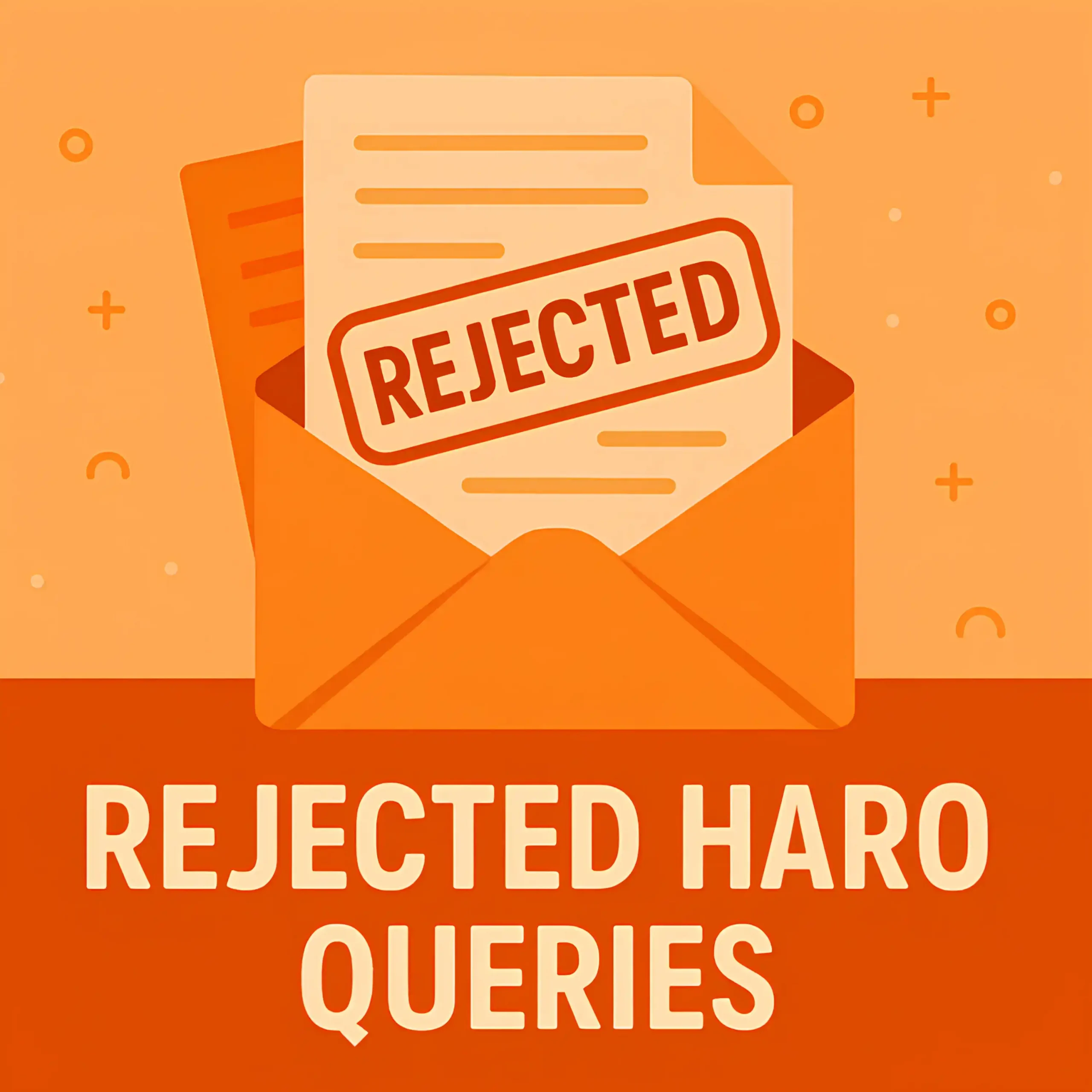
I don’t do it immediately. I wait a couple of weeks, sometimes even a month, and send a thoughtful email that doesn’t look like a generic one.
The idea is to shift the conversation from “here’s my quote” to “here’s something valuable your audience will appreciate.” That’s a completely different tone.
Find Niche Authors with Ahrefs Content Explorer
This is one strategy I’ve personally used over and over again. I go to Ahrefs’ Content Explorer, type in a topic I’ve worked on (let’s say “how to start an SEO agency”), and start exploring.
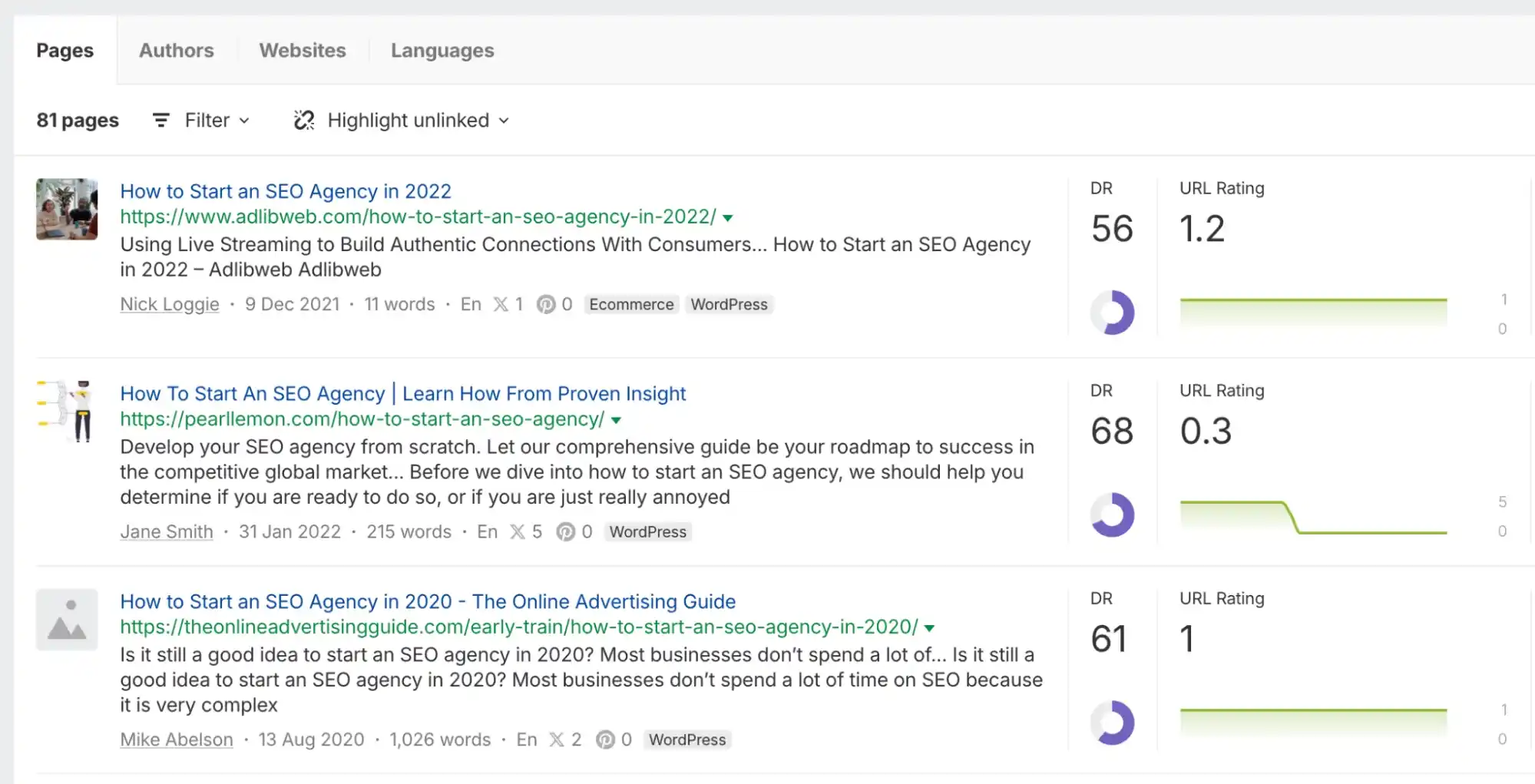
Then, I apply some essential filters. For example, I filter the results to only show live pages published on WordPress because most personal blogs and niche sites still run on it. These are the kinds of sites where authors have more say in what gets published, or they run the blog entirely.
I also apply the following filters (Look at the screenshot below)

Next step: I reach out to these authors directly.
Of course, I don’t pitch them the same topic they’ve already written. Instead, I look for angles they missed, questions they left unanswered, or subtopics they mentioned but didn’t go deep on.
If they’ve written about your topic before, you already know they’re interested. Next step: I reach out to these authors directly with a pitch like:
If they like your idea, they might introduce you to other site owners, too.
Find Startup Blogs with Open Contributor Programs
I don’t remember how many times I’ve reached out just to ask for a backlink (to buy one) or propose a link exchange, and it turned out to be something way better. There were a few cases where I sent a simple link-building outreach email, just straight to the point, asking if they’d be open to some kind of backlink collaboration.
What happened was, the editor or founder checked out my past blog contributions, realized I write content that brings depth, and they got back saying, “Hey, would you be up for a guest post instead?” Not paid.

Out of curiosity, I went back and looked at the sites where this happened. I tried to understand what kind of blogs offer free guest posting opportunities, and the pattern was clear: most of them were startup blogs or very niche sites.
In my opinion, these are the types of companies that don’t have the necessary SEO budget yet to hire full-time content teams or pay agencies to fill their blog. But at the same time, they need content, especially expert-written content that doesn’t look like it was outsourced for 5 bucks on a freelancing site.
You can look at funding databases or use filters in tools like Crunchbase to find startups in specific industries.
Then you can manually check if they even have a blog, and more importantly, whether it’s active. If it looks like the blog hasn’t been updated in months or has mostly product release notes, that’s a good sign that they probably need content but haven’t prioritized it.
I don’t pitch them with a templated email. I make it personal. I’ll say something like, “I noticed your blog hasn’t published much on [insert relevant topic], and since I’ve written for sites like [insert examples], I’d love to contribute something fresh.
It works more often than you’d expect, especially when you’re not just another name in their inbox begging for a dofollow link. The fact that I come in offering something valuable, specific, and expert-led is what makes the difference.
Stuff Nobody Told Me (You Won’t Hear Anywhere Else)
Vet the Website Like a Pro
Don’t try to convince me otherwise; most clients, SEO agencies, and link-building specialists still rely on Ahrefs DR, Moz DA, or other third-party metrics, and honestly, that’s a big mistake (IMO).
Sure, you can estimate some things using those numbers, but the real issue is that clients rarely ask for quality backlinks. They just say, “We need high DA/DR links,” which says a lot about how they view SEO.
Instead, start by checking the domain’s organic traffic, not just the volume, but the quality. consider traffic history, niche, and many other important stuff.
I also check if posts have real author bios. Not “admin” or “editor” with a stock photo, but someone who’s tied to a real LinkedIn profile, or who has written elsewhere.

Analyze their outbound link patterns. If every post links out three times and all of those go to affiliate pages or random agencies in completely unrelated industries, you know what’s happening. The editor is selling links like candy. I’m not saying don’t pitch them, but know exactly what kind of link you’re getting.
Doing this kind of vetting saves you from spending time on links that either won’t move the needle or might backfire. Once you get in the habit of vetting this way, your link-building management becomes more predictable. You’ll get fewer but far more impactful placements.
Offer Value, Not Spam
When you pitch a topic, it has to make sense for their audience. Not yours, not your client’s; theirs. I would say you’re stepping into their home, and the least you can do is bring something useful to the table. So before you even type a subject line, ask yourself: Have you read their recent content? Do you understand who they’re writing for?
Next, mention your expertise. Don’t give them your life story or stuff about how you’ve written for 200 sites. Just one sentence, max. Make it feel natural. Something like, “I run SEO campaigns for SaaS companies and thought your readers might benefit from a deeper dive into [specific angle].” That’s it.
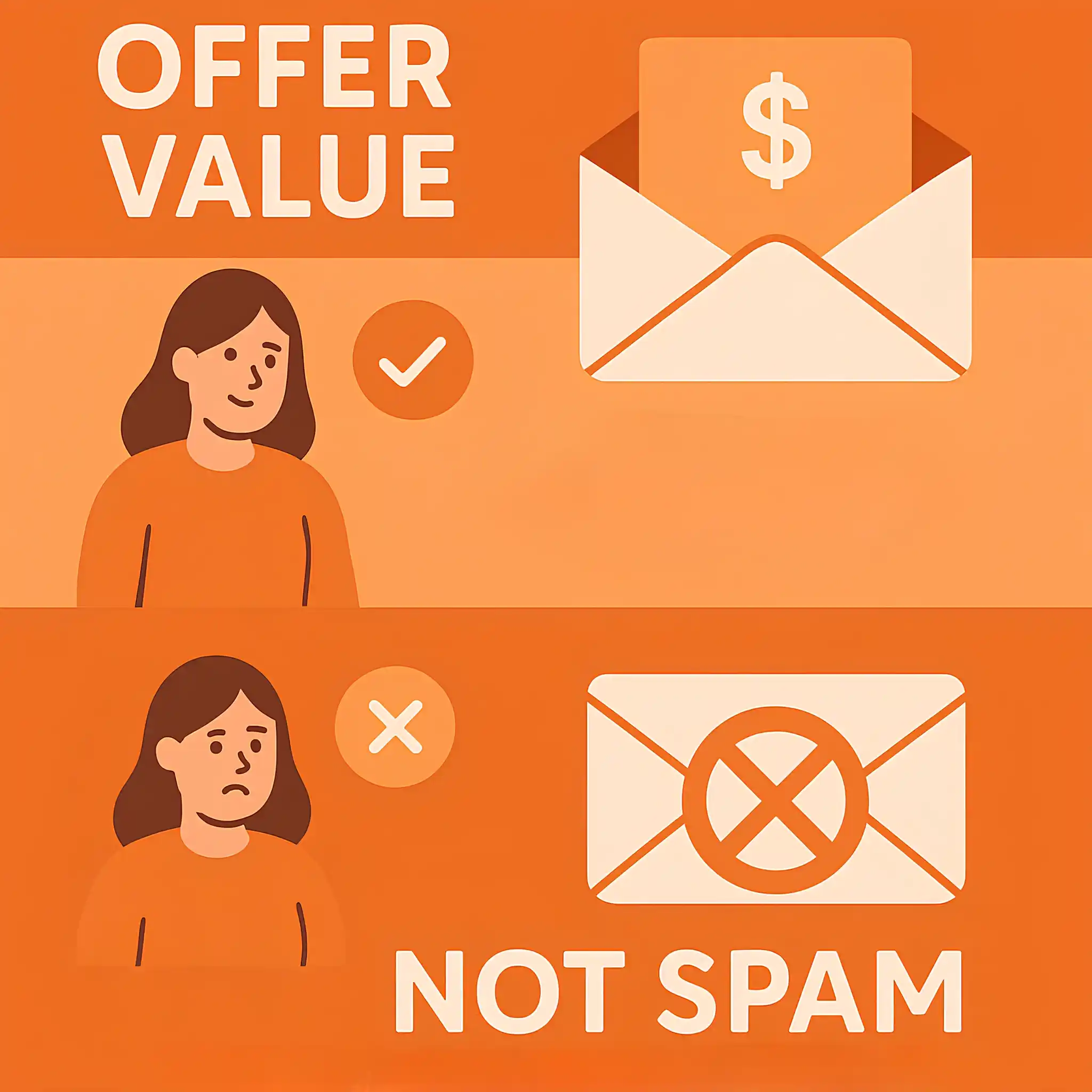
Don’t forget to show your past work. Show outcomes. If you wrote a piece that ranked, say it. If something got republished or earned a backlink from a big site, bring it up.
If you follow this approach, your chances go from 1 in 50 to 1 in 5.
Red Flags That Scream “Stay Away”
There’s a point in every link builder’s life when desperation makes even a garbage site look good. But over the years, I’ve learned to spot the subtle signs before wasting time on a site that’ll do more harm than good.
First, any site that says yes to everything: crypto today, roofing tomorrow, casino next week, is a red flag. If the domain has no clear focus, no editorial standards, and it looks like they’re just filling slots with whatever topic rolls in, chances are you’re dealing with a content farm.

Next, some sites will act friendly at first, tell you “We loved your pitch!” and then come back with a casual request: “It’s just $50 for publishing.” If someone’s monetizing after saying it’s a free guest post, that tells you exactly how they treat contributors: as a paycheck.
Be very careful
Here is another tip: If you’re submitting expert-level content and they refuse to credit you with a name, photo, or profile, it’s a no from me. That means they don’t want accountability, or worse, they’re using the content to boost someone else’s authority behind the scenes.
Another thing I personally check: the “Write for Us” page. If you scan through and most of the posts are filled with exact-match anchors like “best VPN for torrenting” or “cheap CRM tools,” that’s not organic content.
Free vs Paid Guest Posting Sites
Free guest posting sites aren’t selective. If they accept anything and everything, you already know what that means. Paid opportunities, though, are usually a different story.
They have strict editorial standards (unless it’s a link farm), and you’re basically paying for their time to review your content. In this case, you can choose the anchor text, the target page, and have more control. I’ve broken it down in the table below.
| Aspect | Free Guest Posting Sites | Paid Guest Posting Sites | Key Consideration |
|---|---|---|---|
| Cost | No fee required to publish | Charges range from $50 to $500+ per post | Paid may offer faster access but higher upfront cost |
| Editorial Standards | Often lower, varies by site | Usually higher and more controlled | Vet carefully; free doesn't always mean low quality |
| Link Value | Varies widely; may be nofollow or low authority | low authority Typically includes dofollow links on higher-DR sites | Focus on topical relevance and domain quality |
| Approval Time | Can be slower and uncertain | Generally faster due to incentive and managed workflow | Paid sites often offer guaranteed placement |
Alternatives to Free Guest Posts That Work Better
Look, free guest posts are fine when you’re just starting out. However, once you have a little bit of budget or you’re not focusing on every single link like your life depends on it, there are better link-building techniques.
If you have even a modest budget, niche edits can get you far quicker wins. In this case, you’re inserting your link into an existing, indexed page that’s already getting traffic (or maybe not yet).
On the other hand, if you’re the kind of person who knows what they’re talking about, HARO is hands down one of the best alternatives. I’ve helped clients secure placements in top-tier sites like Forbes, NYPost, and Healthline, and these links weren’t bought; they were earned with credibility.
You can explore proven strategies and techniques for earning high-quality PR backlinks in my full guide.
Should I Reuse the Same Content on Multiple Free Guest Posting Sites?
No. Don’t even think about it. Every site deserves original content, and reusing the same piece across different sites is not a good practice (at least). Plus, it puts you at risk for duplicate content issues. If you’re serious about getting value from guest posting, treat each opportunity like it matters.
What if I have Already Secured Spammy Links From Free Guest Posting Websites?
It happens, especially when you’re starting and just grabbing whatever you can. But if those links came from low-quality, irrelevant, or PBN-type sites, it’s better to clean up now before it becomes a problem. You can run a quick audit, document them, and disavow if needed.







